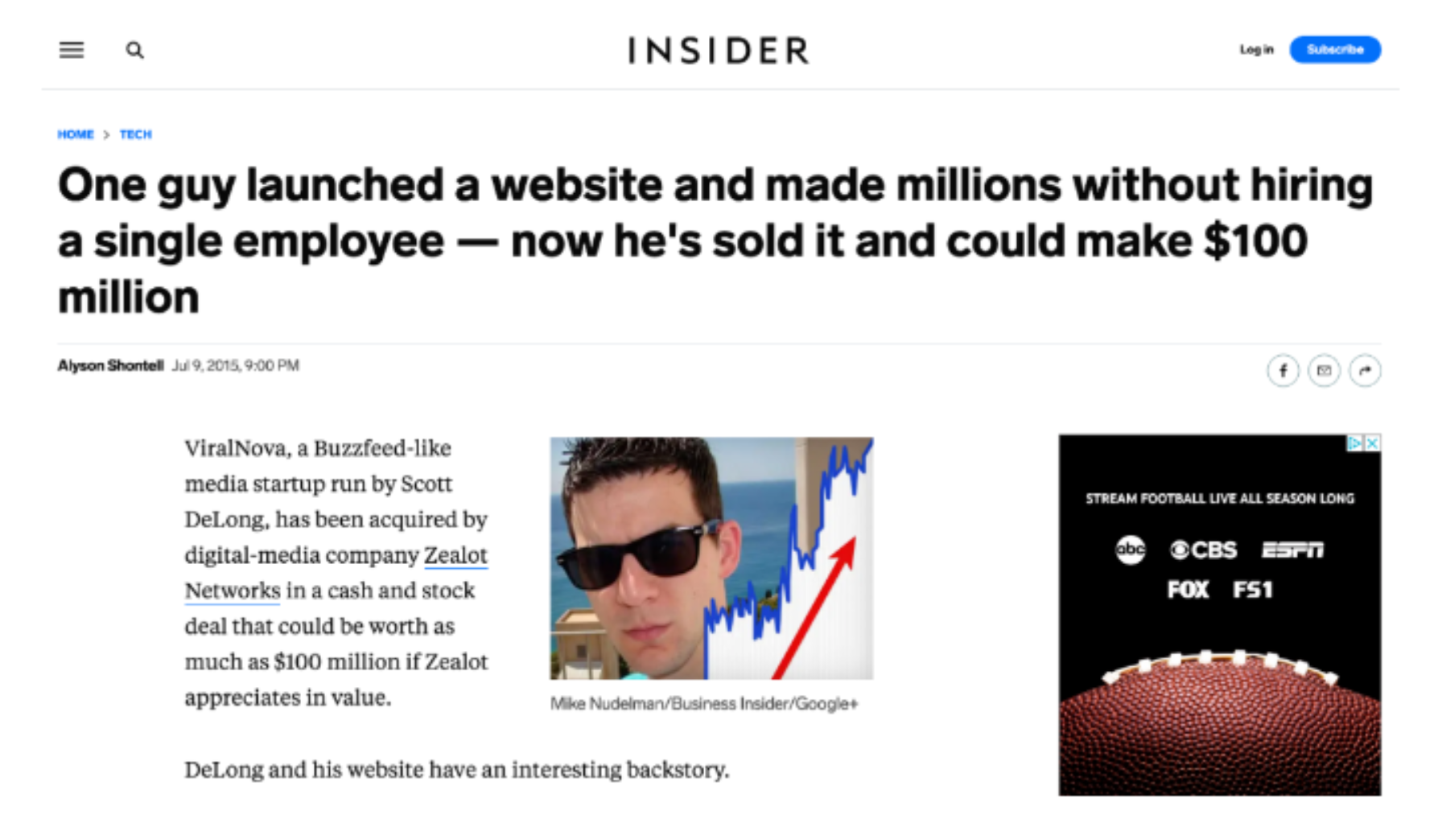99% of the information on the internet is junk.

The internet is full of junk information, and it's the same for different audiences. Some people might not like what I write and think my content is trash, and that’s normal. Sometimes, it's necessary to admit that what you write is junk. After all, who didn’t start off with trash content, haha.
Recently, I came across a few interesting articles. The keywords are precision, niche, effective, and efficient. But these words are hard to combine on the current internet. If you can put this information together, you can charge for it. For example, communities like "Shengcai You Shu" and "Taojin Zhi Lu" are prime examples.
1. Algorithms
Why is it hard to integrate information on the internet now?
Going back to the title, 99% of the information online is junk. Whether it’s TikTok, Xiaohongshu, Kuaishou, WeChat public accounts, or video accounts, they all try to push content that interests you. If the content you browse isn't interesting to you, you won’t engage deeply with the content or the platform.
The same goes for writing on WeChat public accounts or building a personal brand. You need to consider your audience right from the start. With the increasing density of information and content online, many related products have emerged. For instance, entrepreneurial communities like "Taojin Zhi Lu" and "Shengcai You Shu."
Other examples include Flomo, Xiaoyuzhou, Zhishi Xingqiu, WeChat Reading, and many more that I might not have encountered yet. If you've tried these products, you’ll find that the demand has always been there. These products are often quite niche. For example, Zhishi Xingqiu is a paid content platform.
Before this, if you wanted to find certain niche content, you had to dig it up yourself through Google, Quora, Stack Overflow, etc. But most of the information you find this way is also junk, wasting time and making it hard to find useful stuff. Many just copy content for traffic without caring if it's correct. That’s when X (a specific platform) came along. Though most of its stuff requires payment, efficiency and useful knowledge intake have improved.
2. Consuming Content
Many people still use TikTok and Kuaishou as learning platforms, but honestly, what can you really learn? It’s hard to gain anything useful since short videos are for entertainment, not learning.
In this age of information overload, how do we ensure we consume useful content? This is where communities come in handy. Think of them as efficient, useful, niche, precise, and relevant to you.
Most of these communities require payment. There are free ones, but they usually try to hook you into paying eventually. Free information is often superficial. To get more and better content, you have to pay. There’s no such thing as unlimited free resources on the internet. If you haven’t tried paid content or joined a paid community, you should give it a shot. But be prepared to get scammed sometimes. As adults, we have to own our decisions.
I’m getting off track… let’s get to the point.
3. Opportunities
I wanted to share some money-making ideas.
While browsing posts today, I found two interesting strategies. One involves spending a lot of time daily picking out good articles to post or reprint on your blog. In the early stages, post them on your blog and use social media to drive traffic to your site. Someone used this method to build a website and later sold it for a billion dollars. You can look it up if you’re interested.

Many might think this is fake, but does it really matter if it is? The strategy is sound. Many paid communities this year use this method: collecting relevant information and manually curating it. If it’s posted on Zhishi Xingqiu and marked as a highlight, it’s already been filtered multiple times, so why wouldn’t you read it?
Valuable information will become more and more precious. I’m not urging you to join these communities; I’m just explaining that while information will become cheaper, useful information will always be valuable.
Useful information is abundant, but integrating it effectively is tough. Any high-quality information is hard to spread initially without an audience, so you need to leverage other means. Also, video production and consumption costs are high, while reading articles is the least costly but also challenging. The audience for written content is usually a notch higher than for video.
When writing articles, don’t try to show off to experts, especially if your data is incorrect. Moving forward, let's focus on being genuine.
Niche paths will hold their value more, and useful, efficient information will become pricier. GPT has significantly cut down the time we spend finding valuable info. If you haven’t tried communities or GPT mentioned above, I strongly recommend you give them a shot.



